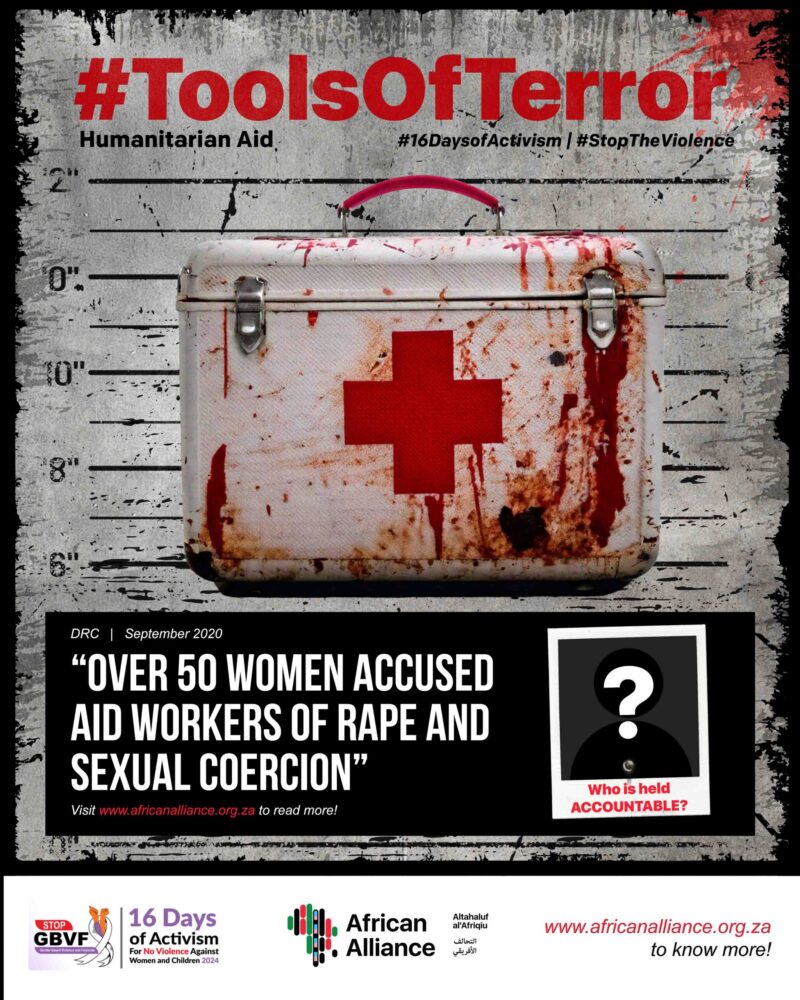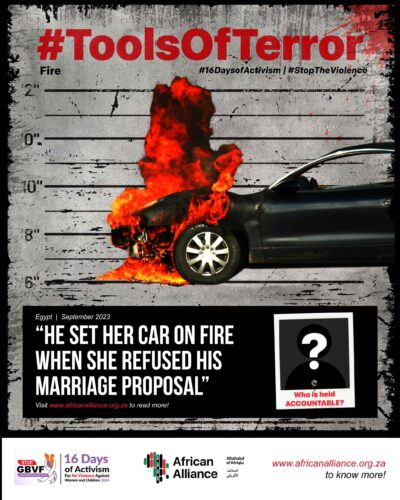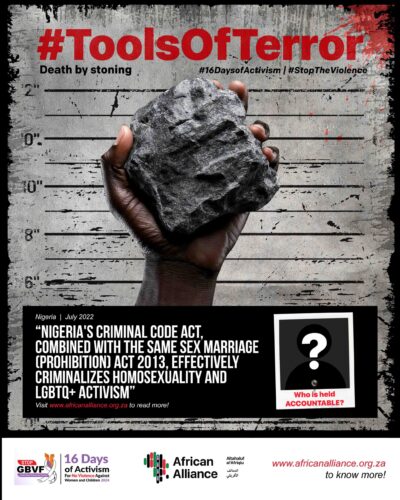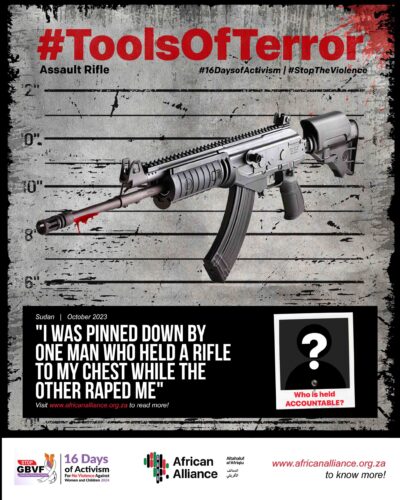
The Incidents
During the 2018 to 2020 Ebola crisis, non-profit newspaper The New Humanitarian and The Foundation exposed that sexual exploitation and abuse by aid workers was rife with workers having raped girls as young as 14 and made them pregnant. These included staff from prominent organisations like the World Health Organization (WHO) and Oxfam. When the story initially broke, over 50 women accused aid workers of rape and sexual coercion. This figure later rose substantially as internal investigations led to significantly more cases being unveiled.
Women became colloquially known as ‘appetisers’ by humanitarian workers in the DRC, a blatant violation of the organisations’ “zero tolerance to sexual abuse” policies was in place.
Survivor’s Story
A friend of a 43-year-old woman took her to the hotel room of a WHO employee to discuss a job. Her friend took a call and left the room. The WHO employee said that she could have the job if they had sex. She declined. The man then raped her. A few days later the WHO called her to say she had a job taking temperatures at roadblocks. She resigned shortly thereafter as the man continued his sexual abuse.
The WHO compensated some survivors by paying them $250 each. The WHO required them to take an entrepreneurship course before receiving the money. Survivors said that land for farming would have been more beneficial. The daily allowance for the WHO investigator into the abuse was $231.
Legal Outcome
In response to the investigation, the WHO fired some perpetrators. In April 2023, the WHO finally shared its files with the Congolese courts.
These covered only 13 women’s cases. Societal norms lead to survivors fearing ostracisation by their community and family. This means that most women do not want to take matters forward.
Sexual violence perpetrated by aid workers first gained prominence in 2002 when the United Nations Refugee Agency and Save the Children exposed that aid workers from over 40 organizations trading goods for sex with refugees in West Africa. ]
More than twenty years later, experts told a Devex journalist in November of 2024 that little has changed to address these violent, systemic failures of the sector.
Laws and Protections
The Constitution of the DRC commits the country to gender equality before the law. It refers to the Universal Declaration of Human Rights. In 2006 the DRC passed laws to bring sexual violence penalties in line with international norms. They also raised the age of consent from 14 to 18 years old. There have been many successful criminal prosecutions of Congolese military personnel for rape.
However, the WHO’s policies were inadequate to prevent or punish sexual violence. A prime example was the change in the visitor policy at a hotel when the WHO replaced Médecins Sans Frontières (MSF). MSF had strict rules about visitors after hours while WHO had no such policy.



